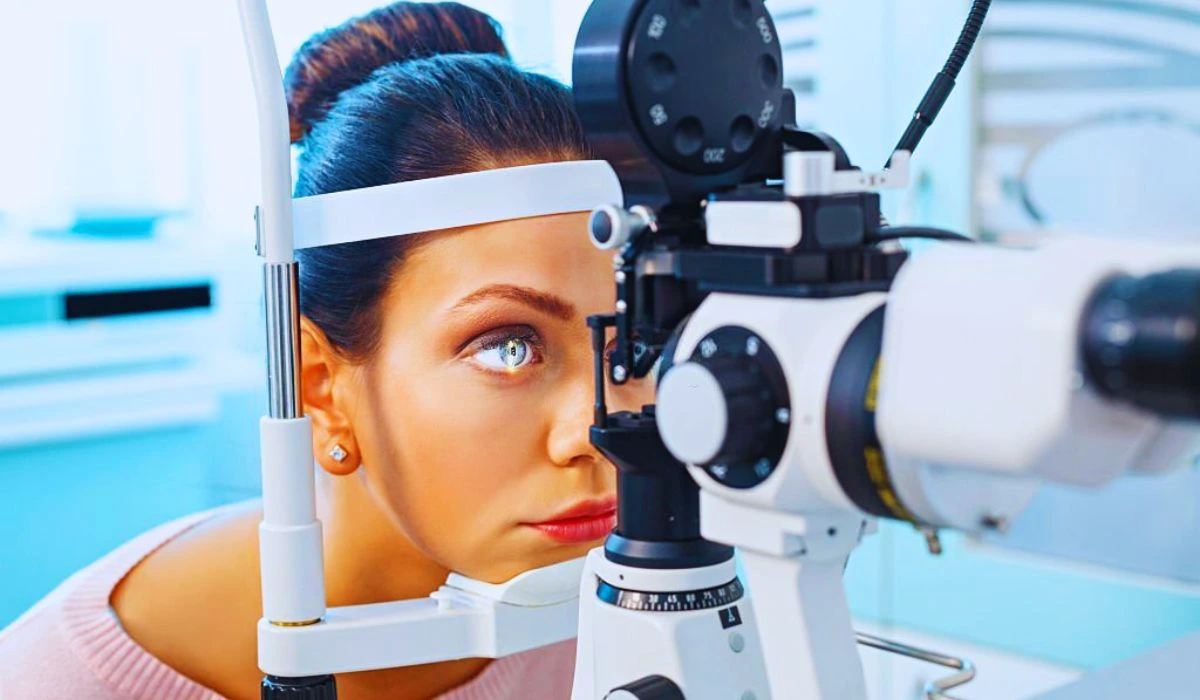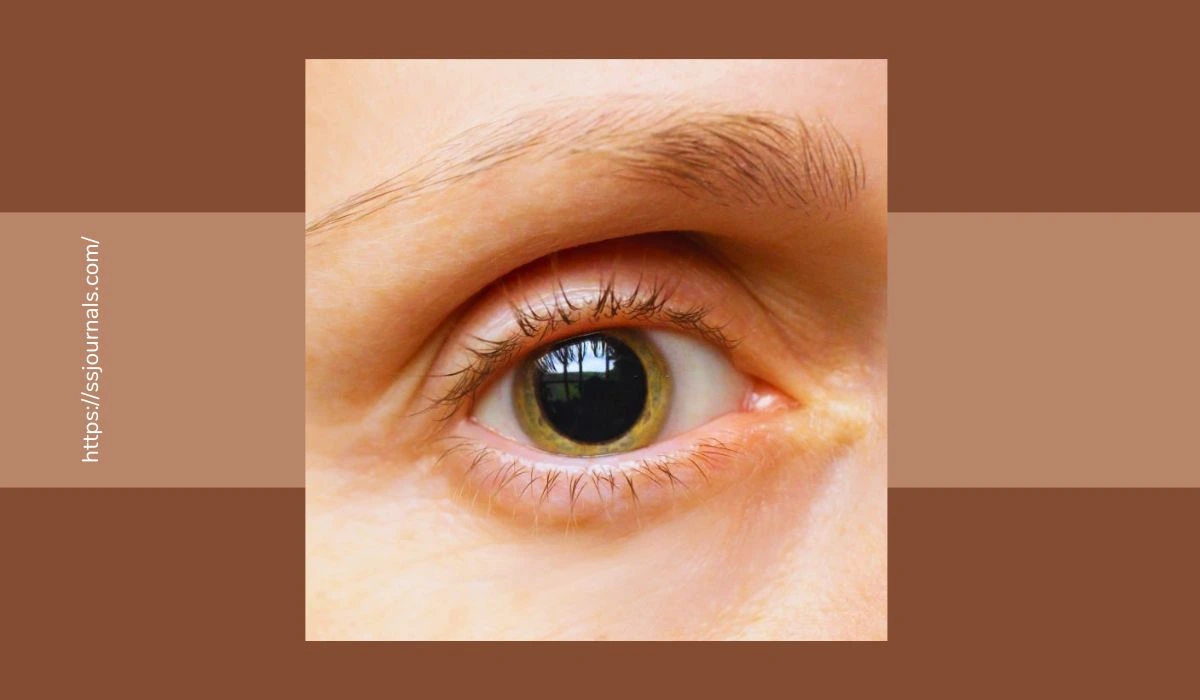Mydriasis refers to pupils that are abnormally dilated or enlarged. This condition can affect one or both eyes. While mydriasis may seem alarming, it is usually a temporary and harmless reaction to certain medications or medical conditions. Understanding the causes and symptoms of mydriasis can help identify when it requires medical attention.
Understanding Mydriasis And Its Symptoms
The pupil is the black circular opening in the center of the iris that allows light to enter the eye. Under normal circumstances, the pupil constricts (gets smaller) when exposed to bright light and dilates (gets larger) in dim lighting or darkness. This helps regulate the amount of light entering the eye.

Mydriasis specifically refers to the dilation of the pupils even in bright light when they should be constricting. This results in increased light sensitivity, blurry vision, and difficulty focusing on close objects. Headaches or eyestrain may also occur as the eyes struggle to adapt to the excess light entering through the enlarged pupils.
The degree of dilation in mydriasis can vary. In some cases, it may be subtle and one pupil appears slightly larger than the other. In other instances, the dilation and visual disturbances are more pronounced. determining the underlying cause is important in gauging whether treatment is required.
What Are The Causes Of Mydriasis?
There are several possible causes of abnormally dilated pupils:
- Medications – Mydriasis can occur as a side effect of certain prescription eye drops, nasal sprays, antidepressants, opioids, cough medicines, and drugs used prior to eye exams. The dilation starts soon after using the medication and resolves once the drug is stopped or wears off.
- Head trauma – Head injuries, concussions, or trauma to the eye can sometimes trigger temporary mydriasis and vision changes. This requires prompt medical care.
- Eye Diseases – Certain eye conditions like glaucoma, uveitis, or iritis may be associated with dilated pupils. Urgent medical attention is needed.
- Nervous system disorders – Diseases affecting the brain, nerves, or muscles like multiple sclerosis, Parkinson’s, or myasthenia gravis can rarely cause abnormal pupil dilation. Neurological evaluation is recommended.
- Stroke – A stroke or transient ischemic attack involving the brainstem and nerves to the eye may result in mydriasis, typically on one side. Other stroke symptoms usually accompany this and emergency care is vital.
- Chemical exposure – Exposure to nerve gases, organophosphates, or other toxic chemicals can trigger pupil dilation along with other severe symptoms. Decontamination and antidotes are required.
- Adie’s Tonic Pupil – This benign and sometimes self-limiting condition causes one pupil to be dilated larger than the other and react sluggishly to light. It usually does not require treatment.
Treatments For Mydriasis

The appropriate treatment for mydriasis depends on the underlying cause. Here are some general guidelines:
- Discontinue any medications that may be causing it under medical supervision.
- Control pain and treat any head injury or trauma that may be contributing.
- Address underlying eye diseases, neurological disorders, chemical exposure, or Adie’s pupil as directed by an ophthalmologist or neurologist.
- Instill prescribed eye drops like pilocarpine to constrict the pupils and reduce eye strain until the mydriasis resolves.
- Wear sunglasses outdoors to protect the light-sensitive eyes until the pupils return to their normal size.
- Take over-the-counter pain relievers like acetaminophen to alleviate associated headaches.
- Avoid driving, operating heavy machinery, or performing hazardous tasks until your vision clears.
- Follow up with an eye doctor to monitor the condition and check for any recurrence.
In most cases, mydriasis is temporary, and vision returns to normal within a few days as the causative factors are removed. Prompt medical attention is needed if it persists or occurs along with worrisome symptoms. Permanent pupil dilation may occur with some underlying medical disorders or injuries.
Conclusion
In summary, mydriasis or abnormally dilated pupils are usually benign but can signal certain medical conditions requiring evaluation. Identifying possible causes like medications, head trauma, strokes, or chemical exposure provides clues to appropriate treatment.
Addressing any underlying factors along with eye drops, sunglasses, and pain relievers can help manage symptoms until the pupils return to their regular size. Consulting an ophthalmologist is advised if mydriasis persists or impairs vision significantly. With proper care, the eyes can recover and adjust from this temporary visual disturbance in most cases.
FAQ
A: No, they are different conditions. Mydriasis refers to the dilation or enlargement of the pupils in both eyes. Anisocoria means one pupil is more dilated than the other, or pupils are unequal in size.
A: In most cases, mydriasis does not require emergency care, especially if caused by medications or benign conditions. However, it does warrant urgent medical evaluation if it occurs due to trauma, stroke, or neurological illnesses to rule out serious underlying causes.
A: In most cases, mydriasis is temporary and pupils return to normal size within days to weeks after the underlying cause has been treated. However, it can potentially be permanent due to injury or structural damage to the eye or optic nerve. Consult an ophthalmologist regarding long-term prognosis.
A: You can use over-the-counter artificial tear eye drops, wear dark sunglasses outdoors, and avoid bright lights to manage light sensitivity until mydriasis resolves. Do not attempt any self-treatments to forcibly constrict the pupils as this can harm the eyes. Always consult a doctor regarding prescription eye drops.
A: Most cases of temporary mydriasis resolve without complications. Rarely, severely dilated pupils are at higher risk of glaucoma or retinal detachment. Persistent vision changes, eye pain, nausea, or worsening headaches after mydriasis warrant urgent medical care to check for complications.

